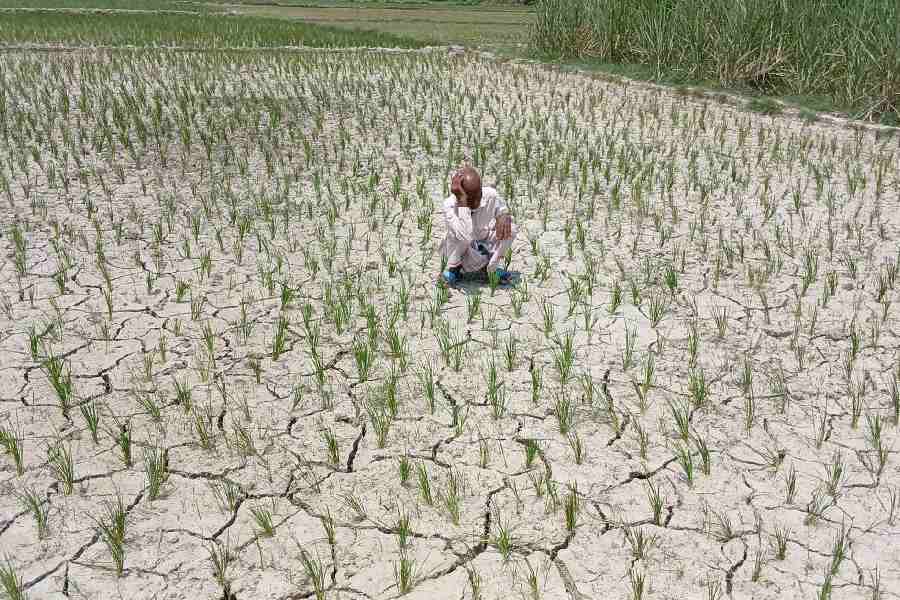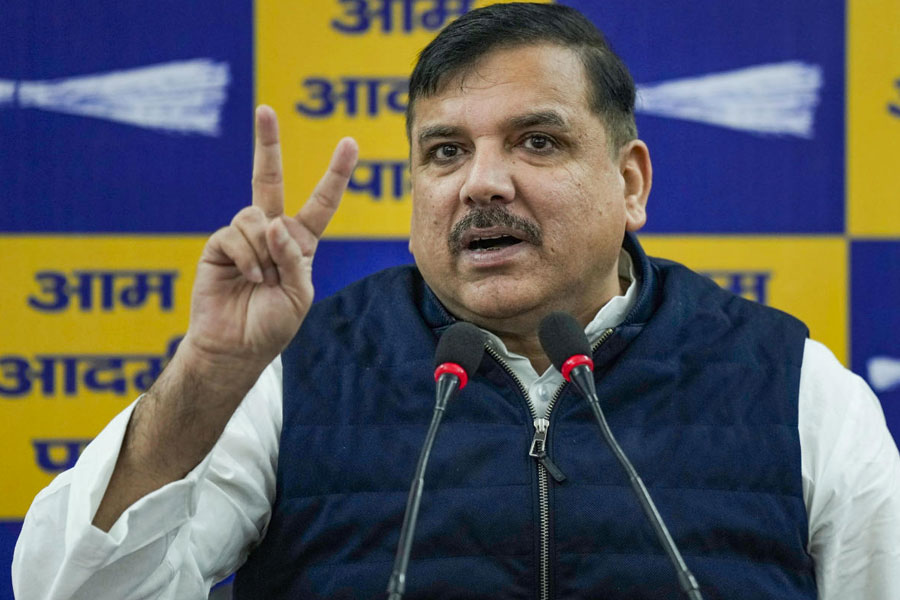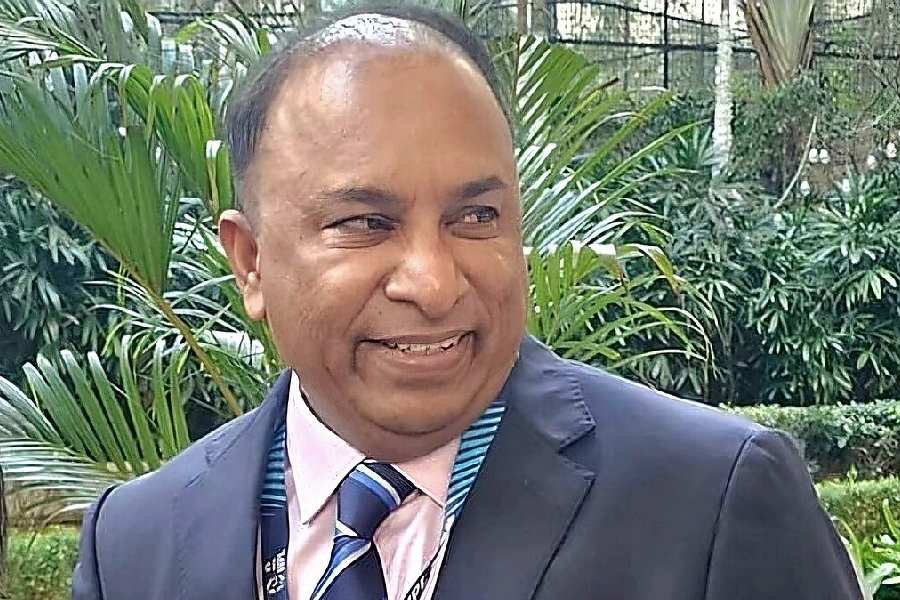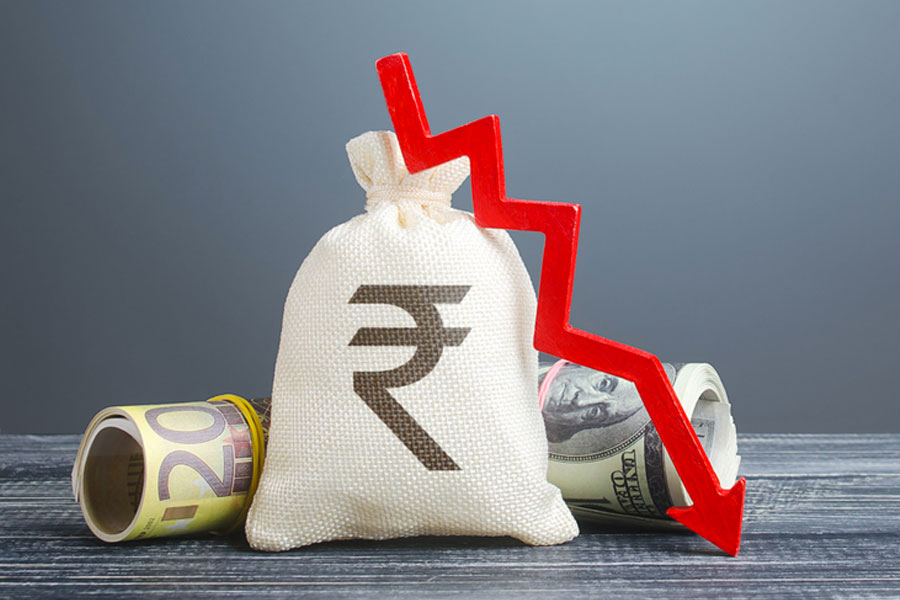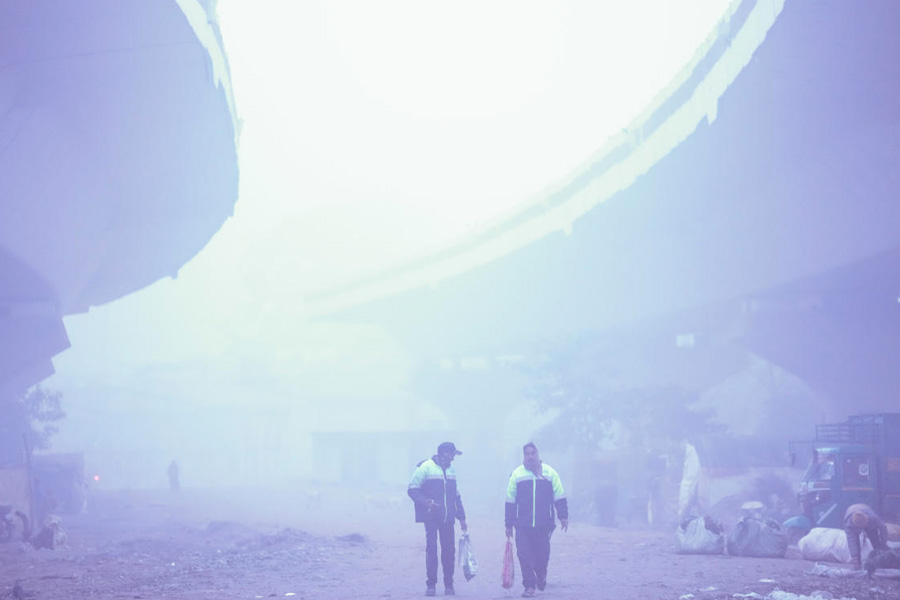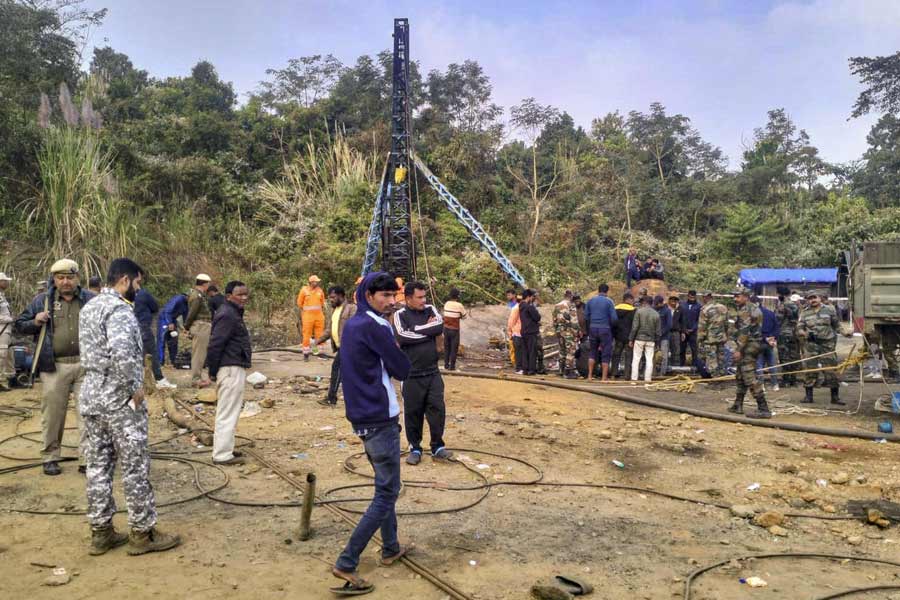Bihar is staring into drought while the country is grappling with heavy rainfall and cloudbursts.
Agriculture fields across the state have developed cracks due lack of adequate moisture in the soil and the farmers are finding it difficult to sustain transplanted paddy seedlings.
The India Meteorological Department (IMD) rainfall data released on Thursday reflects the severity of the situation in the state. It received just 241 mm of rain till July 31. It was around 29 per cent less than the normal rainfall of 340.5 mm.
Of the 40 districts in Bihar, only two — Banka and Khagaria — have experienced rains above the normal.
Among the rest, rainfall in 14 districts has been 40 per cent to 60 per cent less than the normal. Darbhanga leads the pack with 59 per cent deficient rainfall, followed by Madhubani with 56 per cent, and Saran with 50 per cent.
Another 14 districts have experienced 20 to 39 per cent deficient rains, while 10 have witnessed up to 19 per cent less rainfall than normal.
The scanty rains this year have also led to a 10 to 20 per cent drop in the groundwater level in different parts of the state, due to which farmers are finding it difficult to operate their borings (borewells) or pumps to extract water for irrigation. Besides, it is a costly affair to operate the pumps that run on diesel.
“All signs are pointing towards the chances that the kharif crop in Bihar is going to be devastated. Paddy cultivation will bear the maximum brunt due to the lack of rain. Many farmers are yet to sow paddy. Water bodies are drying up.
“Besides, higher temperatures in this season in comparison to previous years is expected to attract more insects to the crops,” Kishore Jaiswal, agriculturist and watershed activist of Kalyanpur in Munger district told The Telegraph.
The agriculture department has fixed a target of paddy cultivation on 36.56 lakh hectares this year in the state, but transplantation has been done only on around 22 lakh hectares.
“Farmers are holding back paddy transplantation in many districts in the hope of a good spell or rain, but it is proving to be elusive. Some hope remains, but if it does not rain in the next seven to 10 days then paddy production could drop drastically,” a senior agriculture department official told this newspaper.
Meanwhile, the state government has extended a diesel subsidy for farmers, which is given @ ₹75 per litre, to help them irrigate their fields. The government provides
the subsidy on 10 litres of diesel per acre. However, it falls way short in the absence
of rain.

